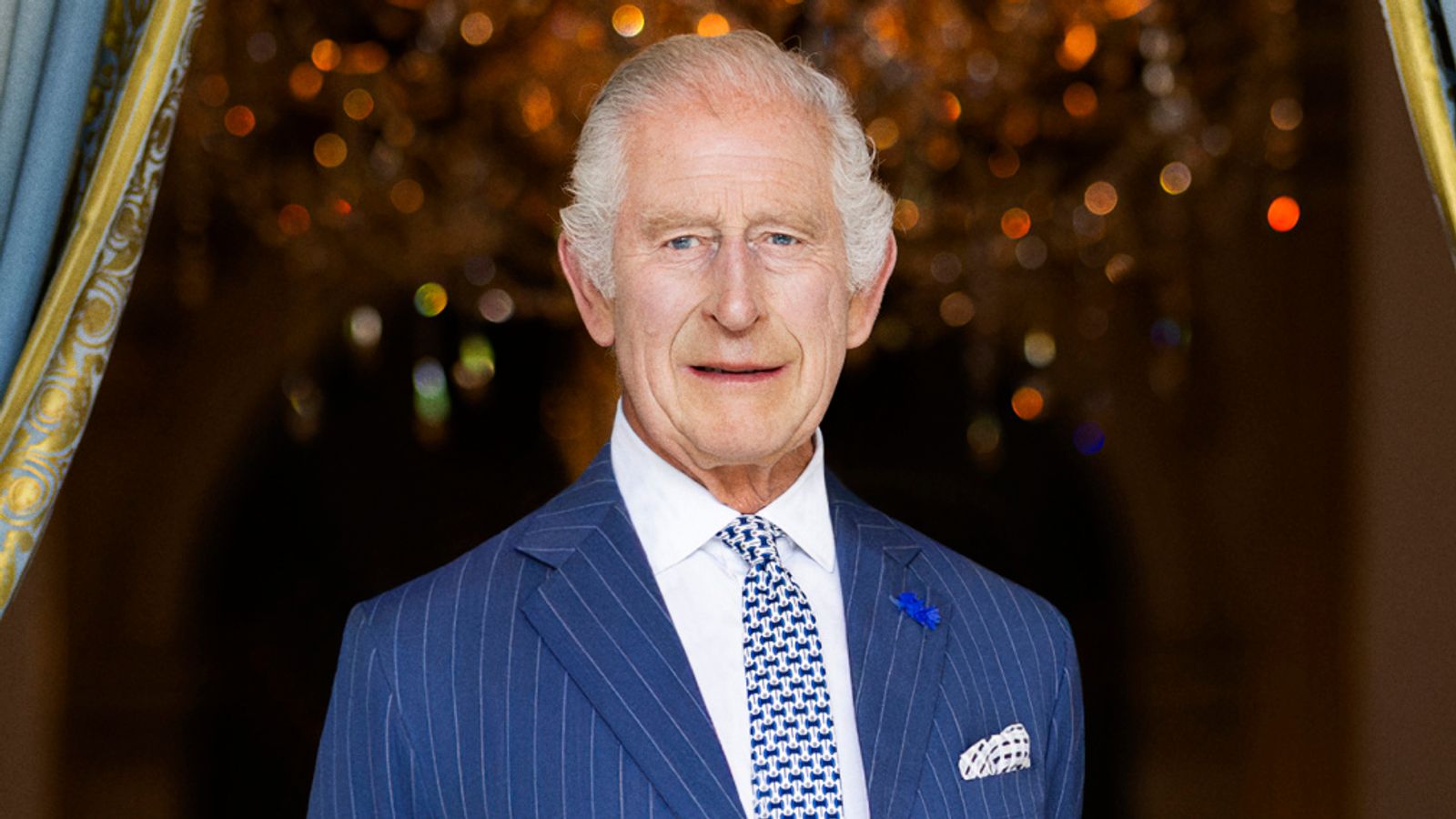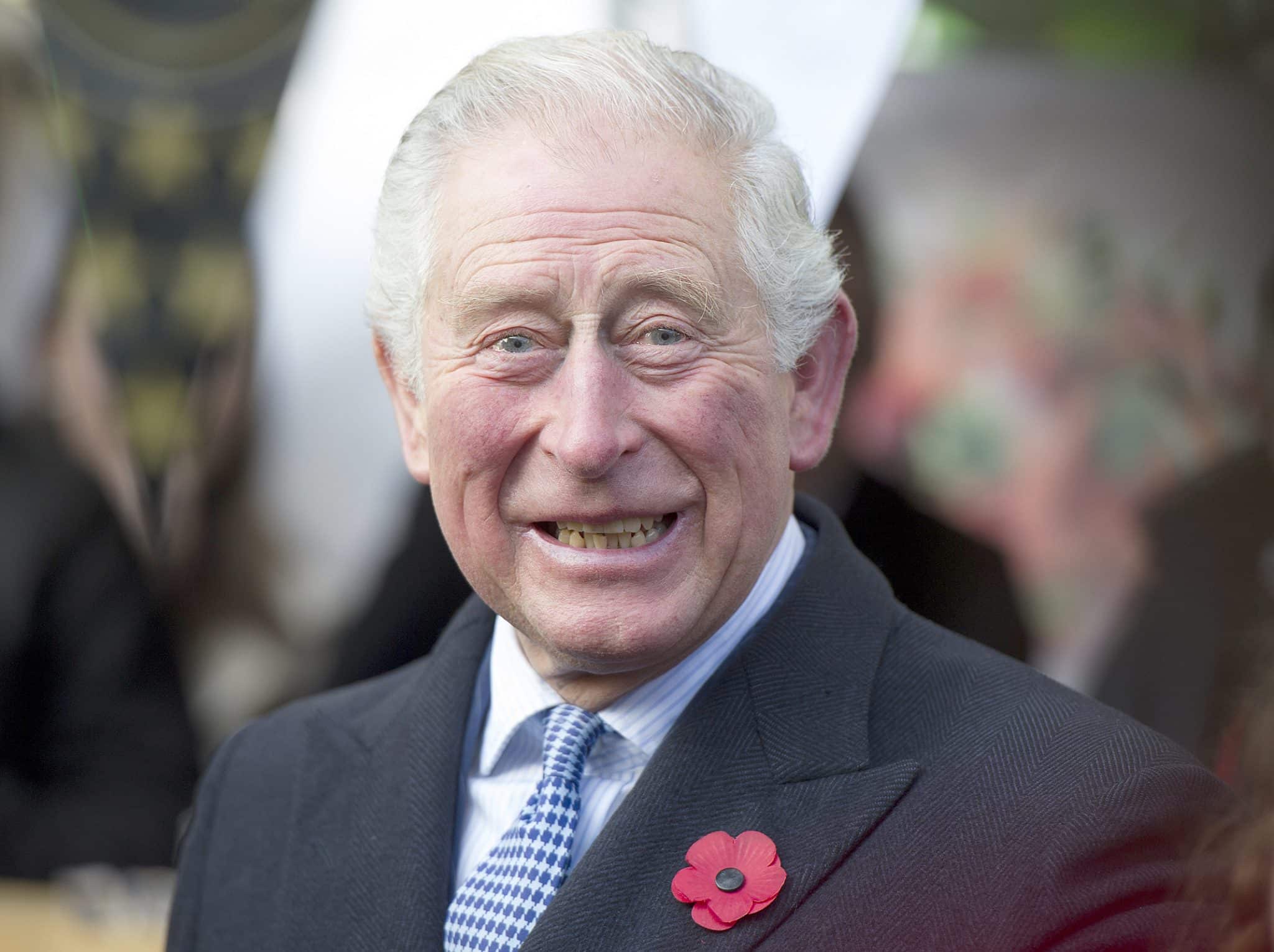When we talk about King Charles Cancer, it's not just another random topic—it's something that hits close to home for dog lovers everywhere. The King Charles Spaniel, with its soulful eyes and gentle demeanor, has captured the hearts of many, including members of the British royal family. But like any beloved breed, they're not immune to health challenges, and cancer is one of the most concerning issues. So, let's dive in and uncover the facts you need to know about this topic.
Picture this: You're sitting in your favorite chair, sipping on a warm cup of coffee, and your furry best friend, a King Charles Spaniel, is nestled by your feet. It's a perfect moment, right? But what happens when that perfect moment is overshadowed by the fear of cancer? This isn't just a hypothetical scenario; it's a reality for many King Charles owners. Understanding the risks and taking proactive steps can make all the difference in ensuring your pup lives a long, happy life.
Now, don't get me wrong—this isn't meant to scare you. Instead, it's about arming yourself with knowledge so you can be the best advocate for your furry family member. Whether you're a seasoned King Charles owner or considering bringing one into your life, this article will give you the tools you need to navigate this important topic. Let's get started!
Read also:How Did Jordan Warkol Pass Away Unveiling The Tragic Story Behind The Headlines
Here's a quick guide to help you navigate through the article:
- Biography of the King Charles Spaniel
- Common Cancers in King Charles Spaniels
- Symptoms to Watch Out For
- Diagnosis and Testing
- Treatment Options
- Prevention Strategies
- Nutrition and Diet
- Genetic Factors
- Support and Resources
- Conclusion
Biography of the King Charles Spaniel
Before we dive deep into the world of King Charles Cancer, let's take a moment to appreciate the breed itself. The King Charles Spaniel, also known as the English Toy Spaniel, has a rich history that dates back to the 17th century. This royal companion was named after King Charles II of England, who was so enamored with the breed that he reportedly allowed them to follow him everywhere—even into important meetings!
Here’s a quick look at the key details of the King Charles Spaniel:
| Breed Name | King Charles Spaniel (English Toy Spaniel) |
|---|---|
| Origin | United Kingdom |
| Life Expectancy | 10-12 years |
| Size | Small |
| Temperament | Affectionate, Gentle, Playful |
While they're known for their loyalty and charm, these little pups are prone to certain health issues, including cancer. So, let's explore the specifics of what types of cancer are most common in this breed.
Common Cancers in King Charles Spaniels
Just like humans, dogs can develop various types of cancer. For King Charles Spaniels, certain cancers seem to crop up more frequently than others. Here's a breakdown of the most common ones:
Lymphoma
Lymphoma is a type of cancer that affects the lymphatic system, which is part of the immune system. It can cause swelling in the lymph nodes, leading to discomfort and other symptoms. Lymphoma is one of the more treatable forms of cancer in dogs, but early detection is crucial.
Read also:Holly Robinson Peete Twins The Inspiring Story Of Ryan And Rodney Peete
Mast Cell Tumors
Mast cell tumors are another common type of cancer in King Charles Spaniels. These tumors can appear anywhere on the body and may vary in size and appearance. While some are benign, others can be highly aggressive, so it's important to have any suspicious lumps checked by a vet.
Other types of cancer that may affect King Charles Spaniels include:
- Osteosarcoma (bone cancer)
- Mammary gland tumors
- Hemangiosarcoma (blood vessel cancer)
Symptoms to Watch Out For
Knowing the signs of cancer in your King Charles Spaniel can make a huge difference in catching it early. Some common symptoms to look out for include:
- Unexplained weight loss
- Loss of appetite
- Swollen lymph nodes
- Lumps or bumps on the skin
- Lethargy or lack of energy
- Difficulty breathing
Of course, not all of these symptoms automatically mean cancer, but they're definitely worth investigating with your veterinarian.
Diagnosis and Testing
Diagnosing cancer in dogs involves a combination of physical exams, lab tests, and imaging studies. Your vet may perform:
- Blood tests to check for abnormalities
- Biopsies to examine suspicious tissue
- X-rays or ultrasounds to look for tumors
Early diagnosis is key to successful treatment, so don't hesitate to bring your pup in for a check-up if you notice anything unusual.
Treatment Options
Once a diagnosis is made, your vet will discuss the best treatment options for your King Charles Spaniel. These may include:
- Surgery to remove tumors
- Chemotherapy to kill cancer cells
- Radiation therapy to target specific areas
Each treatment plan is tailored to the individual dog, taking into account factors like the type of cancer, its stage, and the overall health of the dog.
Prevention Strategies
While you can't completely eliminate the risk of cancer, there are steps you can take to reduce it:
- Feed a balanced, nutritious diet
- Ensure regular exercise
- Keep up with routine vet visits
- Spay or neuter your dog to reduce the risk of certain cancers
These small changes can make a big impact on your dog's long-term health.
Nutrition and Diet
A healthy diet plays a critical role in preventing and managing cancer in dogs. Focus on high-quality protein sources, whole grains, and plenty of fresh fruits and vegetables. Avoid processed foods and fillers that can do more harm than good.
Some experts recommend specific diets for dogs undergoing cancer treatment, such as:
- Ketogenic diets to starve cancer cells
- Anti-inflammatory diets to reduce swelling and pain
Always consult with your vet before making any major changes to your dog's diet.
Genetic Factors
Genetics can play a significant role in a dog's susceptibility to cancer. Certain breeds, like the King Charles Spaniel, may have a higher predisposition due to inherited traits. Understanding your dog's genetic background can help you be more proactive in monitoring their health.
Advances in genetic testing for dogs are making it easier to identify potential risks early on. Consider discussing this option with your veterinarian if you're concerned about your dog's cancer risk.
Support and Resources
Dealing with cancer in your beloved pet can be overwhelming, but you don't have to go through it alone. There are many resources available to help you navigate this journey:
- Online support groups for pet owners
- Veterinary oncologists who specialize in cancer treatment
- Local animal shelters and rescue organizations
Remember, you're not alone in this fight. Reach out for support whenever you need it.
Conclusion
King Charles Cancer is a serious topic, but with knowledge and preparation, you can help ensure your furry friend lives the longest, happiest life possible. From understanding the common types of cancer to recognizing symptoms and exploring treatment options, every step you take is a step toward a healthier future for your dog.
So, what can you do next? Start by scheduling a routine check-up with your vet, ensuring your dog is on a balanced diet, and keeping an eye out for any changes in behavior or physical appearance. And don't forget to shower your King Charles Spaniel with lots of love and attention—they deserve nothing less!
Got questions or comments? Drop them below—I'd love to hear from you. And if you found this article helpful, feel free to share it with other dog lovers. Together, we can make a difference in the lives of our furry friends!


